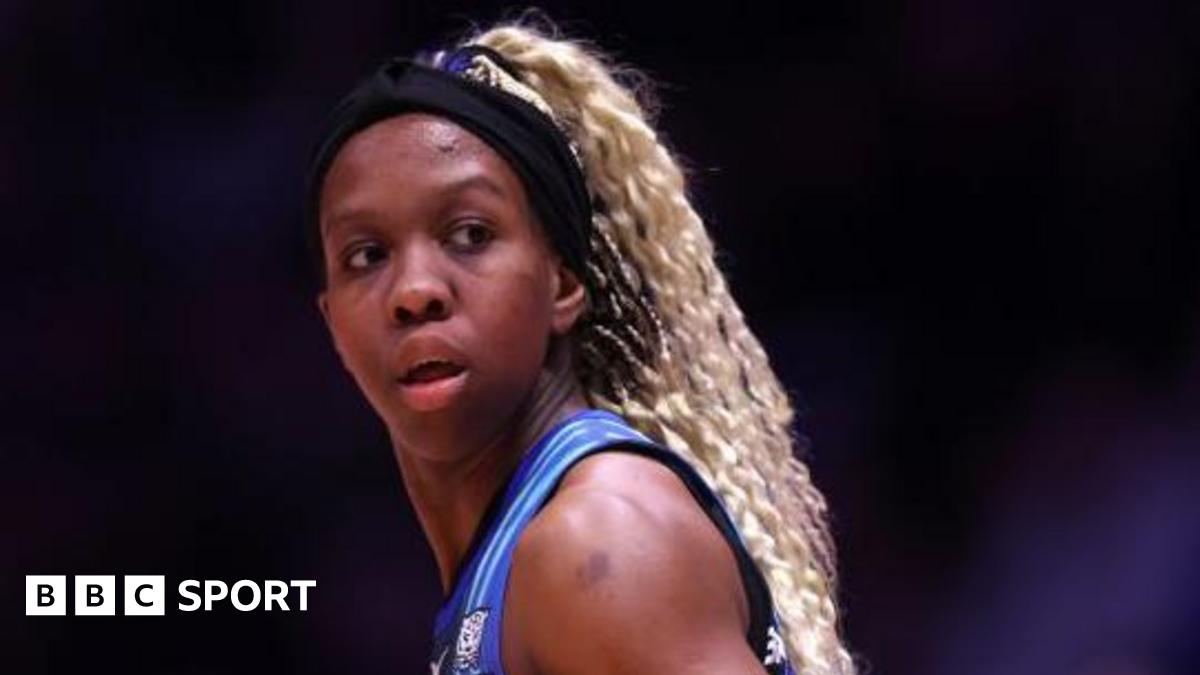Aliyah Zaranyika was used to putting on a persona to fit in. But halfway through last year’s Netball Super League season, she reached a breaking point.
Day-to-day tasks and regulating her emotions became so overwhelming that she found it difficult to articulate how she felt, and a flare-up of painful broken blisters and sores on her leg left her unable to walk.
The England Future Roses player was experiencing autistic burnout.
She believes this was brought on by masking her autism and ADHD – attention deficit hyperactivity disorder – around people for long periods in the high-pressure environment of her sport.
“As much as people are nice – I’ve made some of my best friends in netball – I struggled with the natural politics and knowing my place in the team,” the Birmingham Panthers player told BBC Sport.
“It was a compounding situation. I get burnt out navigating different situations, relationships and spaces, and trying to fit in while not giving up a part of myself.”
She was aware that she processes new information slower than others, and also worried that it might cost her a place in the team as others might not want to take the time to teach her at her pace “when you can get somebody else who can learn it quickly”.
It reached the point when Zaranyika said she felt “out of control mentally” and her team at the time, Saracens Mavericks, gave her a week off netball.
“I was completely burnt out. I could not function,” said the 23-year-old wing-defence, who will face her former team – now known as London Mavericks – on Sunday in a match you can watch on BBC Sport (15:45 BST on Red Button, BBC Sport website and app).
“I was struggling so much,” Zaranyika explained. “The additional physical pain was difficult to ignore, so my mum took me to hospital.
“My mum describes my skin condition as ‘my body keeping the score’ because I don’t recognise that I am stressed. Although it can be debilitating, it does indicate my mental state.”
Autistic burnout refers to extreme exhaustion often accompanied by increased meltdowns, sensory sensitivity, and physical shutdown, while masking is the suppression of autistic characteristics to appear ‘non-autistic’, according to the National Autistic Society.
